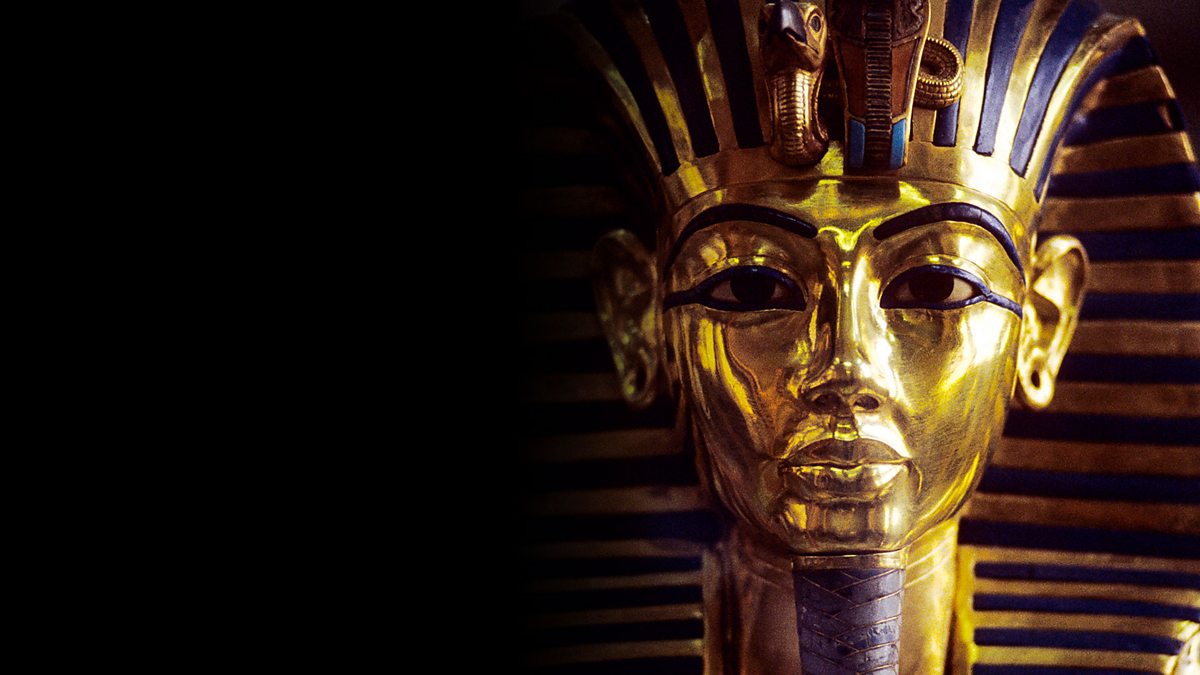
Egypt, a land of ancient wonders and vibrant culture, is also a country steeped in festivals and celebrations that reflect its rich history and diverse heritage. From religious observances to national commemorations, these festivals and public holidays offer a window into Egypt’s soul. In this guide, we explore the tapestry of festivities that bring communities together and illuminate the spirit of Egypt.
1. Eid al-Fitr: Celebrating the End of Ramadan
One of the most significant religious holidays in Egypt, Eid al-Fitr marks the end of the Islamic holy month of Ramadan. Families come together to break their fast, share meals, and exchange gifts. Mosques overflow with worshippers, and the streets are adorned with festive decorations as communities celebrate this joyous occasion.
2. Sham el-Nessim: Welcoming Spring’s Arrival
Sham el-Nessim, an ancient Egyptian festival, ushers in the spring season. Celebrated on the day after Coptic Easter, it involves outdoor picnics and gatherings. People enjoy traditional foods like salted fish, onions, and colored eggs. The festival underscores Egypt’s connection to its agricultural roots and the changing of seasons.
3. Coptic Christmas: Honoring Christ’s Birth
Egypt’s Christian community celebrates Coptic Christmas on January 7th, marking the birth of Jesus Christ. Midnight Masses, processions, and joyful gatherings are held in churches across the country. The festive atmosphere is an opportunity for Egypt’s Christian population to commemorate their faith and traditions.
4. Moulid al-Nabi: Celebrating the Prophet’s Birthday
Moulid al-Nabi, also known as the Prophet Muhammad’s Birthday, is a significant Islamic celebration. On this day, mosques are illuminated, and streets come alive with processions, music, and festivities. The celebration reflects Egypt’s strong Islamic heritage and the reverence for the Prophet.
5. Revolution Day: Remembering a Nation’s Struggle
Revolution Day, celebrated on July 23rd, commemorates the Egyptian Revolution of 1952. This day honors the sacrifices of those who fought for Egypt’s independence from colonial rule. Parades, speeches, and cultural events pay tribute to the nation’s history of struggle and resilience.
6. Sinai Liberation Day: Reclaiming a Region
Sinai Liberation Day, observed on April 25th, marks the withdrawal of Israeli forces from the Sinai Peninsula in 1982. Celebrated with pride, this day reflects Egypt’s sovereignty over the region and is marked by parades, fireworks, and cultural performances.
7. National Police Day: Recognizing Law Enforcement
On January 25th, National Police Day honors the work of law enforcement officers and commemorates their sacrifices. The day also coincides with the start of the 2011 Egyptian Revolution, making it a time of reflection on Egypt’s modern history and its aspirations for justice and democracy.

